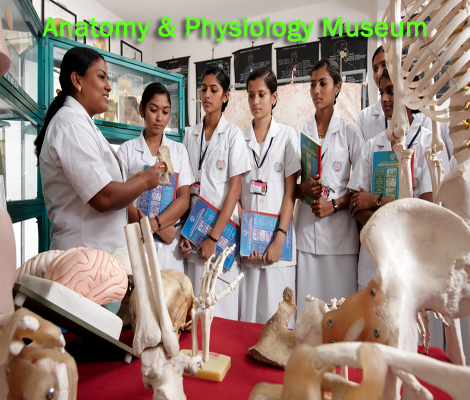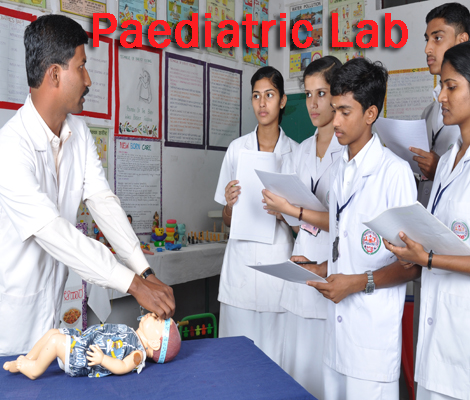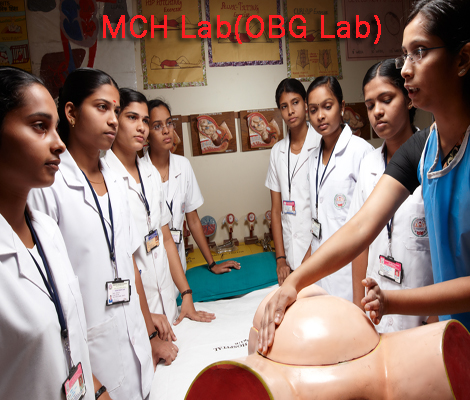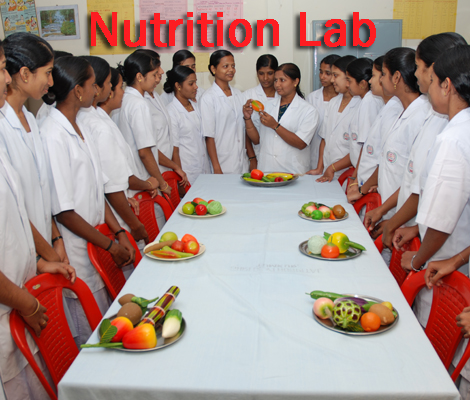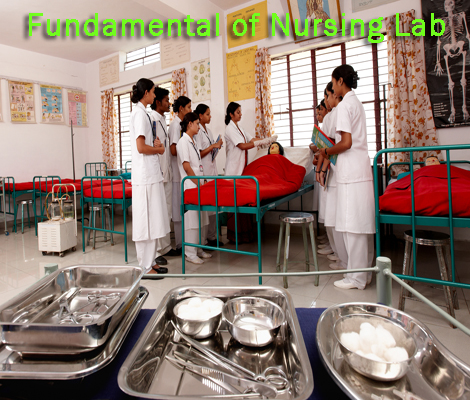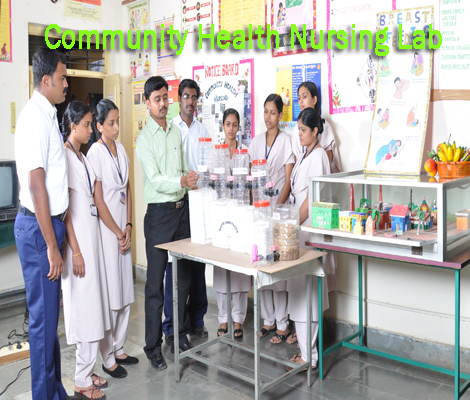The laboratories at the institution are designed with modern, state-of-the-art equipment to ensure that students receive hands-on experience with the latest technology in their field. All labs adhere to the guidelines and standards set by the Indian Nursing Council (INC), ensuring that students are working in an environment that meets professional and educational requirements. This equipment is crucial for delivering high-quality education, as it prepares students to face real-world challenges in healthcare settings.
A key feature of the institution’s approach is the focus on maintaining an optimal student-to-teacher ratio. The student-to-bed ratio is kept at 1:5, meaning one bed is assigned to five students. This ensures that each student receives ample attention and practice during nursing procedures. The smaller group size allows for more personalized guidance from instructors, enhancing learning outcomes and providing students with a more hands-on, practical education in a controlled environment.
The institution offers a wide range of specialized laboratories that cater to different aspects of nursing education. These include the Fundamentals of Nursing Lab, where students learn the core basics of nursing practices, and the Community Health Nursing Lab, focused on public health and community care. Additionally, students have access to the MCH Lab for maternal and child health training, the Nutrition Lab for food and nutrition education, and the Paediatric Lab, which prepares students for working with children. The Anatomy & Physiology Museum and the A.V. AIDS Room further enhance the learning experience, offering resources for studying human anatomy and medical education tools.
